Will the GOP primary debates matter?
No incumbent president has ever participated in a primary debate. That could be a mistake.

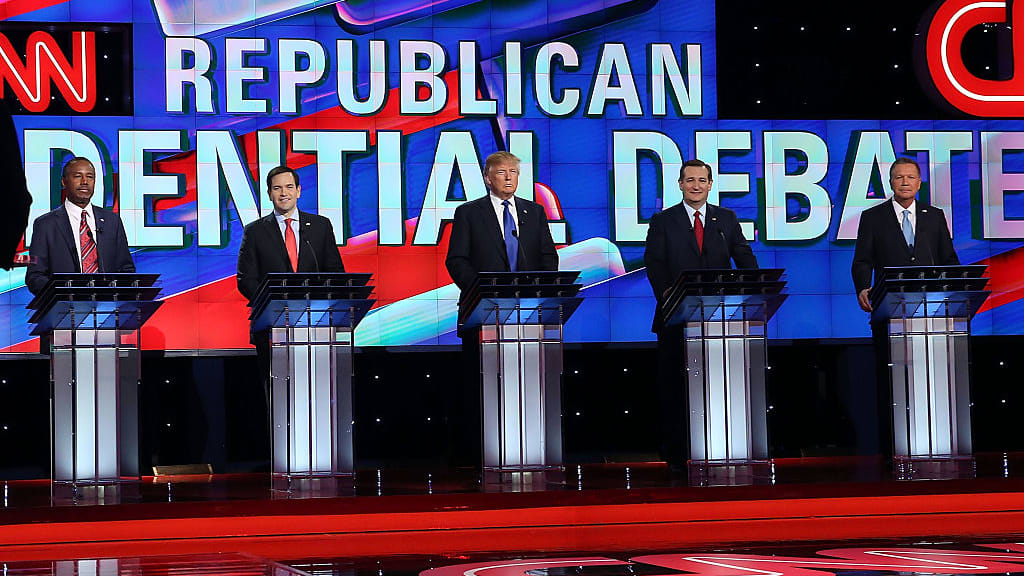
A free daily email with the biggest news stories of the day – and the best features from TheWeek.com
You are now subscribed
Your newsletter sign-up was successful
On August 23, Fox News will sponsor the first debate between Republican presidential contenders in Milwaukee, Wisconsin. Eight candidates, including former President Donald Trump, former Vice President Mike Pence and Florida Gov. Ron DeSantis, have met the Republican National Committee's standards for making the debate stage. But a major question mark hangs over the proceedings, because Trump, who holds a commanding lead in public opinion polling, has not decided whether he will attend.
The origins
The first primary debate between presidential aspirants was held in 1948, when two Republicans seeking to depose Democratic President Harry Truman squared off in an audio-only radio debate hosted in Portland, Oregon. The GOP would not hold another primary debate until 1980, when front-runner Ronald Reagan skipped the first debate in Iowa at the behest of his campaign team. By then, the party had fully embraced the idea that primary voters, rather than party insiders, should select the nominee.
Since 1980, the number of Republican primary debates has increased steadily, from seven in 1988 to 20 in 2012 and 19 in 2016 — a growth that has coincided with a dramatic rise in the number of people seeking the party's nomination in each cycle. Those candidates, most of whom have little to no shot at the nod, have turned their brief national exposures into cabinet positions, cable news analyst gigs and more prominent positions in party leadership. No incumbent president has ever participated in a primary debate.
The Week
Escape your echo chamber. Get the facts behind the news, plus analysis from multiple perspectives.

Sign up for The Week's Free Newsletters
From our morning news briefing to a weekly Good News Newsletter, get the best of The Week delivered directly to your inbox.
From our morning news briefing to a weekly Good News Newsletter, get the best of The Week delivered directly to your inbox.
That could be a mistake. The consensus among political science researchers is that the general election debates between the major party candidates have little impact on the result other than generating temporary changes in polling. But the primary debates are a different story. Without the ingrained partisanship that reduces the number of persuadable voters in the general election, polls and outcomes in primaries are much more volatile. Particularly early in the campaign, primary debates allow relatively unknown challengers to introduce themselves to the public, kick-start fundraising and build momentum heading into the primary elections.
That said, the GOP's presidential primaries have been more predictable than their Democratic counterparts. The early front-runner in every contested nomination battle of the primary era ended up winning, until 2016, when former Florida Gov. Jeb Bush, the leader of the so-called invisible primary (the period before the debates when candidates raise money and position themselves to capture the nod) crashed and burned.
Dramatic moments
Republican debates have produced many memorable moments over the years. In February 1980, former California Gov. Ronald Reagan, then an insurgent candidate from the party's ultraconservative wing, decided to pay for a debate in Nashua, New Hampshire. Reagan invited multiple other candidates at the last minute, causing a rift with George H.W. Bush's campaign, which had agreed only to a one-on-one debate.
After skipping the Iowa debate and then losing the state's caucus to Bush, Reagan had tumbled in the polls and trailed Bush in New Hampshire throughout the month. The most explosive part of the debate thus unfolded on camera before it officially began, as debate moderator Jon Breen informed the crowd that the other candidates wouldn't be allowed to speak. As an incensed Reagan protested, the hosts cut off his mic, with Reagan famously retorting, "I am paying for this microphone, Mr. Green!" (Yes, he got Breen's name wrong). This time it was Bush who took the media beating for being a poor sport, and his campaign never recovered.
A free daily email with the biggest news stories of the day – and the best features from TheWeek.com
Republicans wouldn't debate again until 1988, when Bush, who had served eight years as vice president, sought his party's nomination as an overwhelming favorite. His chief rival was Kansas Sen. Bob Dole, and despite little difference in policy preferences, their long-standing rivalry was contentious onstage and off. But Bush's status as the sitting vice president was too much for Dole to overcome. In 1996, as they sought to defeat incumbent Democratic President Bill Clinton, Republicans once again had an almost preordained candidate: Dole, who parlayed his runner-up status in 1988 into a clear path to the nomination.
After surprise losses in New Hampshire, Arizona and Delaware, Dole looked to right the ship before the South Carolina primary. But during a February 29,1988, debate in Columbia, Dole was asked by a reporter if he would oppose a first-trimester abortion for her if she was raped. In his initial response, Dole said he would indeed oppose it, then after other candidates outflanked him to the left, Dole revised his answer, saying, "I thought we had 10 seconds on the last thing," he said. "Let me suggest that I support the exceptions for rape, incest and life of the mother." Despite the bizarre flub and being on the wrong side of the party's electorate on abortion, Dole wouldn't lose another primary.
In 2000, establishment favorite George W. Bush received a spirited challenge from Arizona Sen. John McCain. Campaign tactics became a divisive wedge between the two campaigns, with resentment spilling out into the open during their debate in South Carolina on February 15. At one point, Bush pulled out a flyer he claimed was left on a voter's windshield that compared him to Bill Clinton. "That's not my campaign," McCain claimed, before Bush retorted, "It says 'paid for by Sen. John McCain.'" The irony is that the Bush campaign is alleged to have quietly spread rumors in the state that McCain had fathered an illegitimate Black child in the state — charges that the Bush team denied. Bush, who had lost to McCain in New Hampshire, won South Carolina by over 11 points and never looked back.
Growing debate stage
Republicans had three straight contested primaries beginning in 2008, when McCain cruised to the nomination he so badly wanted in 2000. In November 2011, popular Texas Gov. Rick Perry had a nightmarish debate moment in Auburn Hills, Michigan, when he forgot the name of the third executive agency he wanted to abolish. "I'm sorry, I can't remember the third," he intoned after nearly a minute of silence. "Oops." It doomed his bid, with his support dropping in half by January. He withdrew following disappointing showings in Iowa and New Hampshire.
In 2016, so many Republicans ran that the RNC was forced to begin the cycle holding two debates — one for lower-polling candidates (the "undercard" debate) and one for those performing better. As the contests got underway, Florida Sen. Marco Rubio, considered the last hope of the party's establishment wing to stop Trump, was humiliatingly dismantled by New Jersey Gov. Chris Christie. Rubio enjoyed going to the well of a short riff about how Barack Obama "knows exactly what he's doing," but in the New Hampshire debate on February 7, he returned to the line repeatedly and inexplicably, with Christie offering his best Jersey sarcasm in calling out the "memorized 30-second speech" and then noting, bemusedly, "there it is, there it is everybody," when Rubio did it again.
We all know how that primary campaign turned out. And we can be sure that, Trump or no Trump, the former president will be the main subject of what is sure to be an acrimonious debate on August 23.
David Faris is a professor of political science at Roosevelt University and the author of "It's Time to Fight Dirty: How Democrats Can Build a Lasting Majority in American Politics." He's a frequent contributor to Newsweek and Slate, and his work has appeared in The Washington Post, The New Republic and The Nation, among others.
-
 Quentin Deranque: a student’s death energizes the French far right
Quentin Deranque: a student’s death energizes the French far rightIN THE SPOTLIGHT Reactions to the violent killing of an ultra-conservative activist offer a glimpse at the culture wars roiling France ahead of next year’s elections.
-
 Secured vs. unsecured loans: how do they differ and which is better?
Secured vs. unsecured loans: how do they differ and which is better?the explainer They are distinguished by the level of risk and the inclusion of collateral
-
 ‘States that set ambitious climate targets are already feeling the tension’
‘States that set ambitious climate targets are already feeling the tension’Instant Opinion Opinion, comment and editorials of the day
-
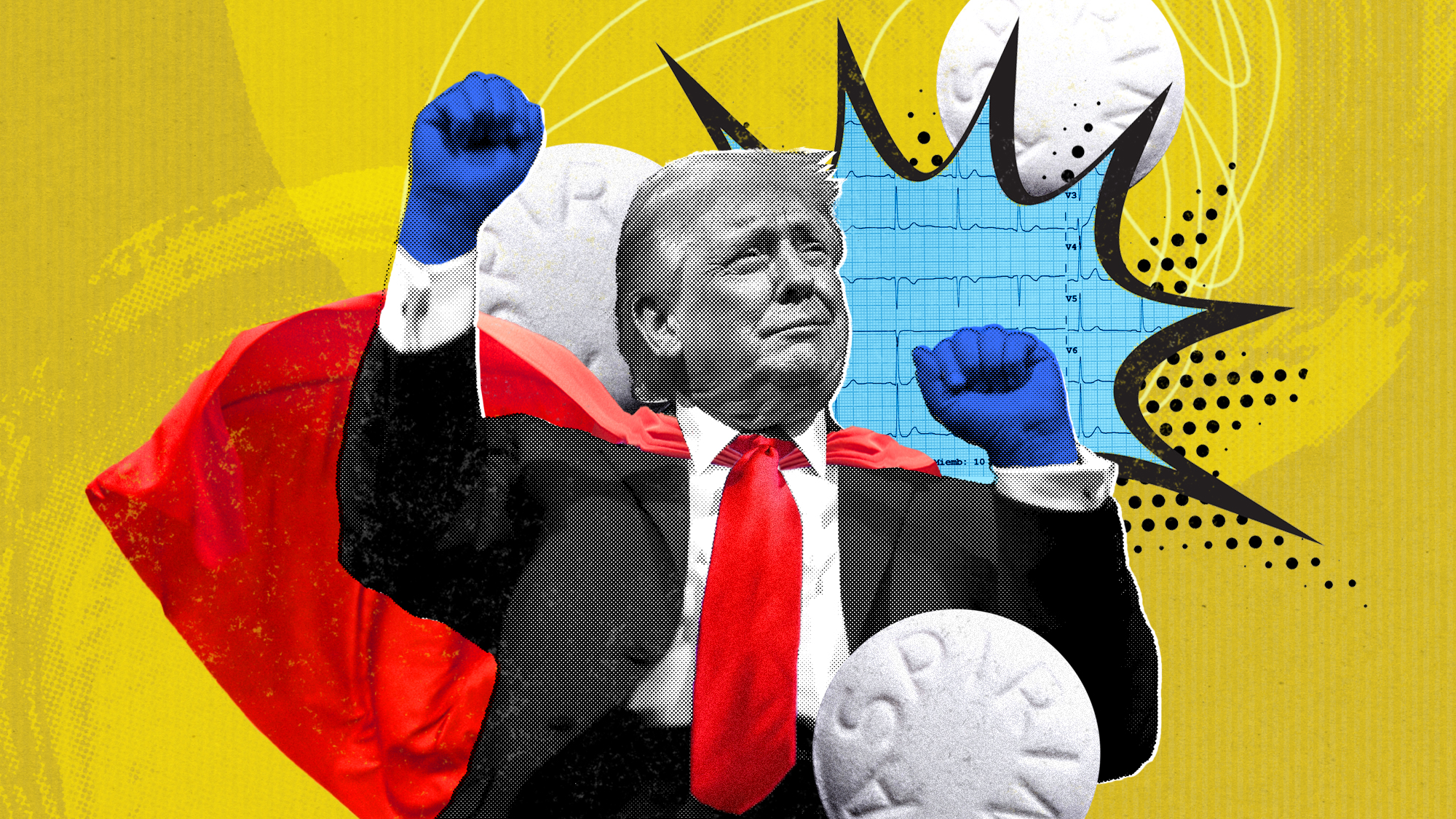 A running list of everything Donald Trump’s administration, including the president, has said about his health
A running list of everything Donald Trump’s administration, including the president, has said about his healthIn Depth Some in the White House have claimed Trump has near-superhuman abilities
-
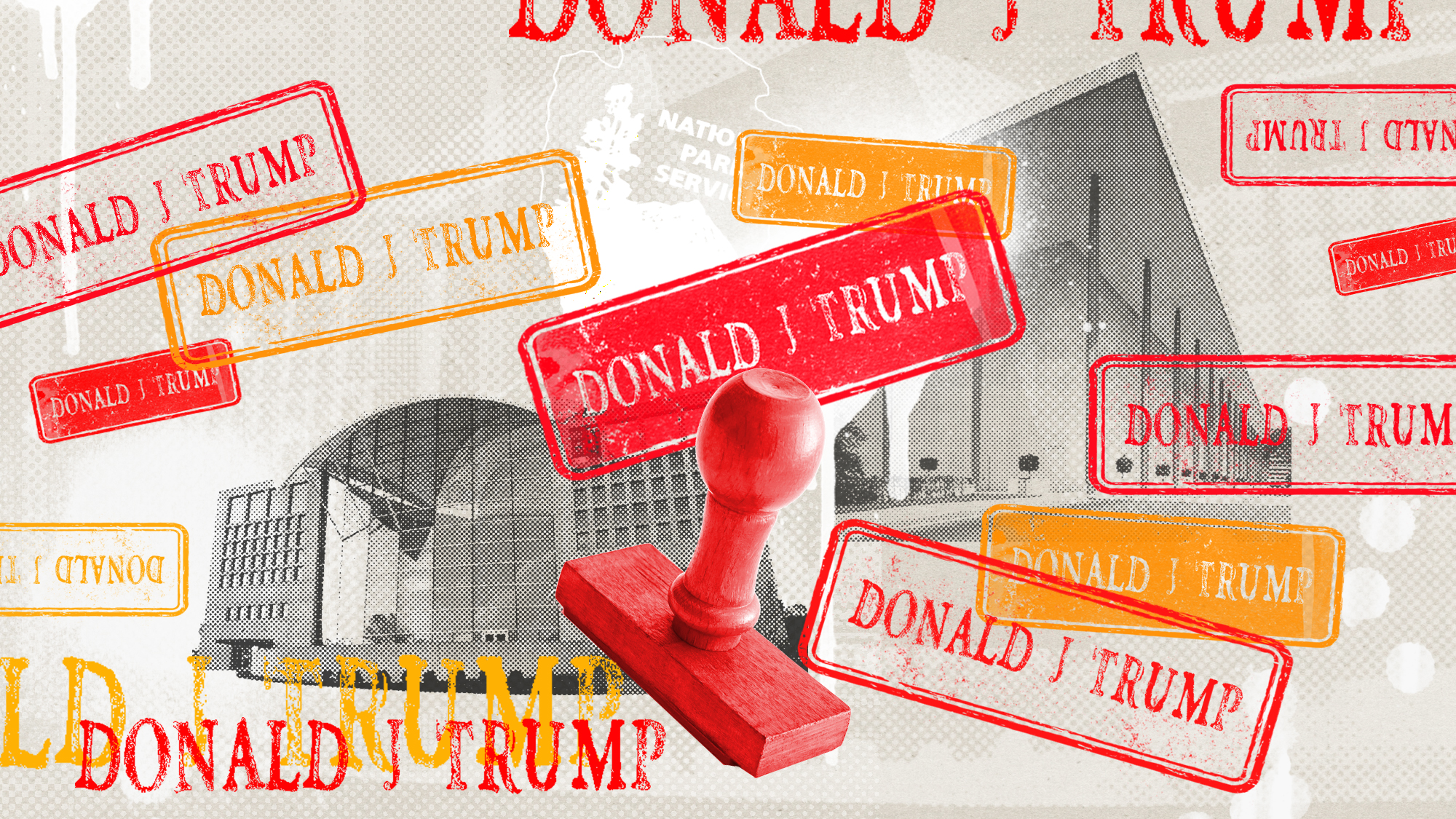 A running list of everything Trump has named or renamed after himself
A running list of everything Trump has named or renamed after himselfIn Depth The Kennedy Center is the latest thing to be slapped with Trump’s name
-
 A running list of the international figures Donald Trump has pardoned
A running list of the international figures Donald Trump has pardonedin depth The president has grown bolder in flexing executive clemency powers beyond national borders
-
 A running list of US interventions in Latin America and the Caribbean after World War II
A running list of US interventions in Latin America and the Caribbean after World War IIin depth Nicolás Maduro isn’t the first regional leader to be toppled directly or indirectly by the US
-
 A running list of the US government figures Donald Trump has pardoned
A running list of the US government figures Donald Trump has pardonedin depth Clearing the slate for his favorite elected officials
-
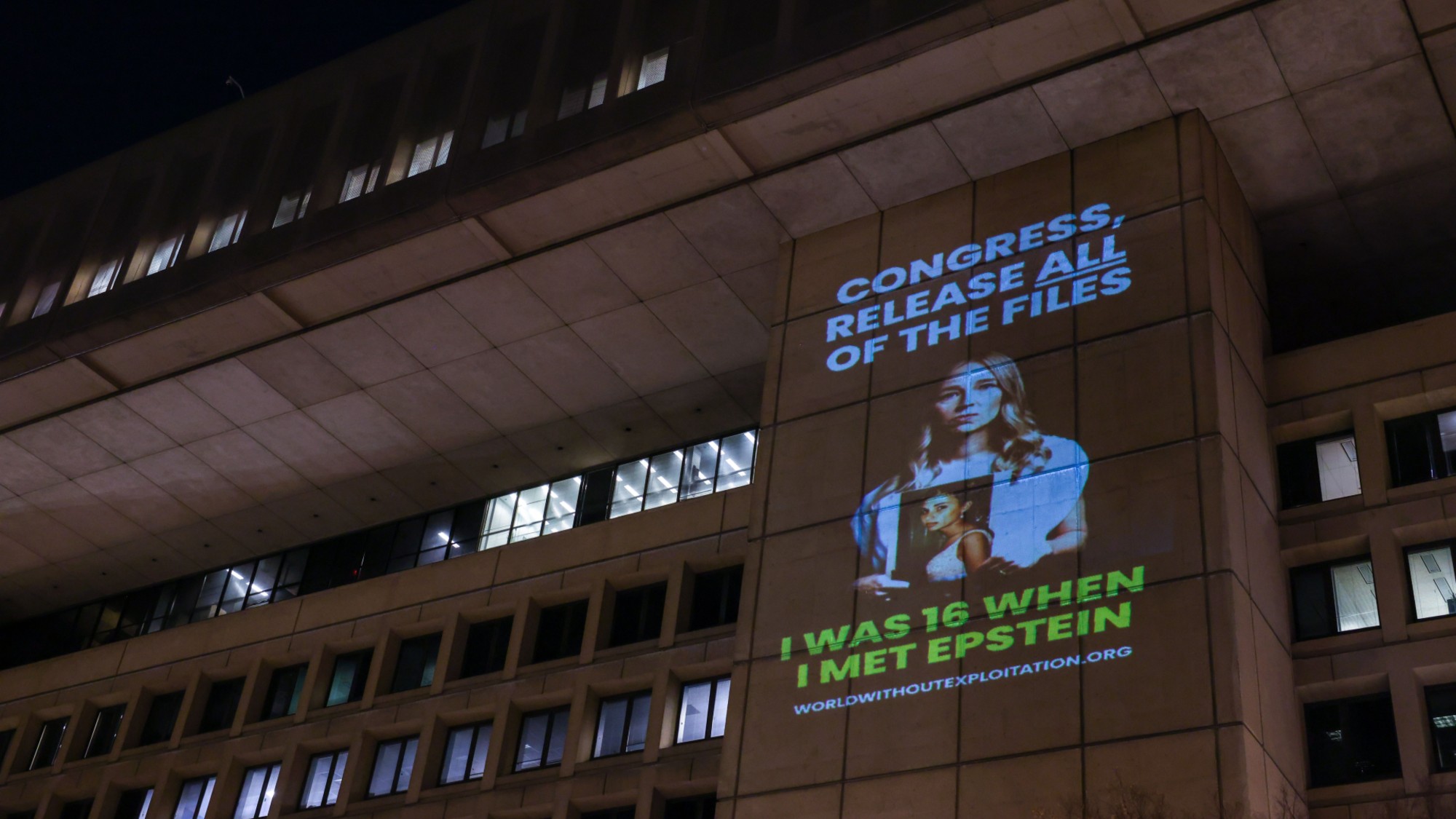 The powerful names in the Epstein emails
The powerful names in the Epstein emailsIn Depth People from a former Harvard president to a noted linguist were mentioned
-
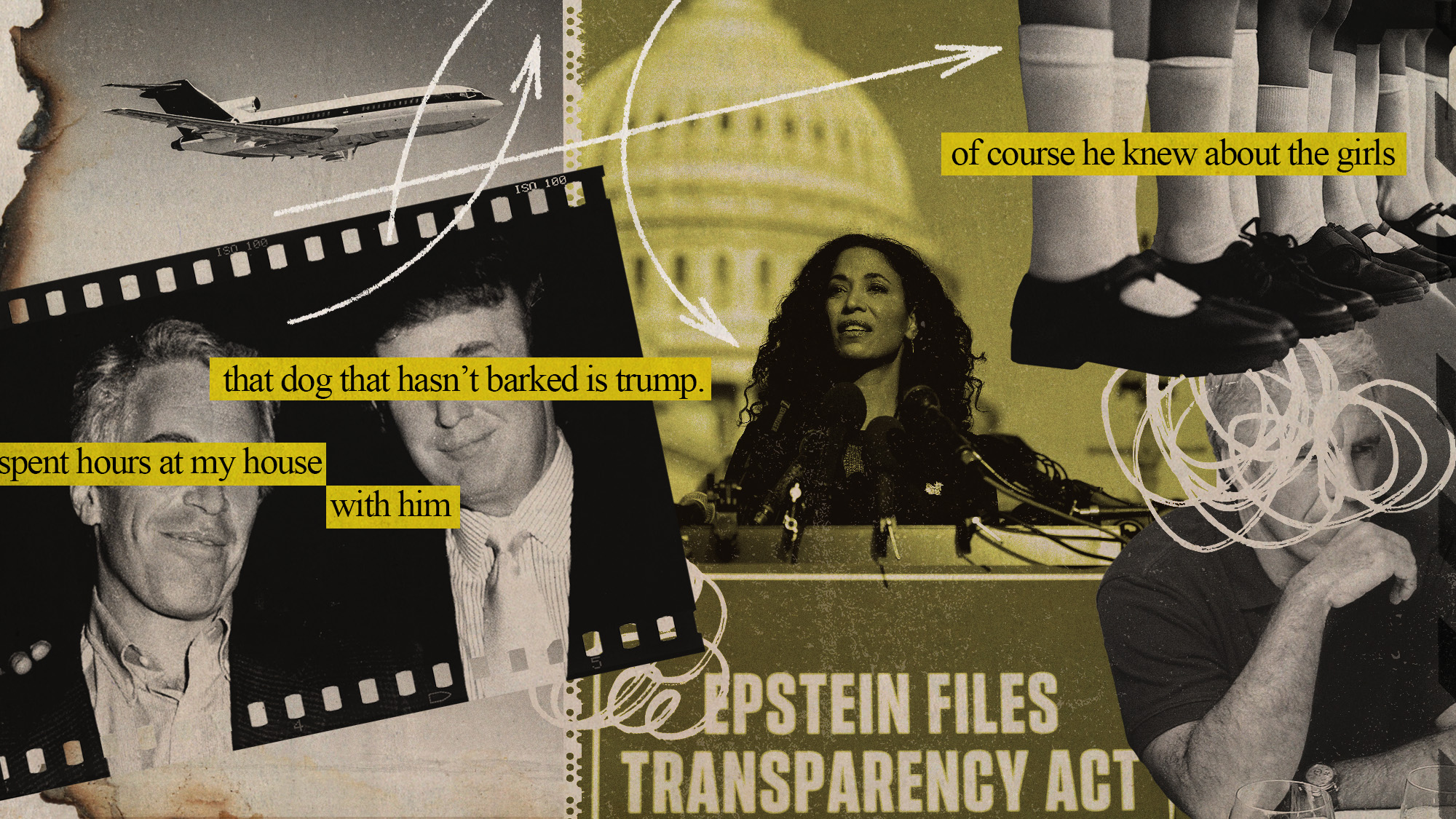 Donald Trump and Jeffrey Epstein: a Timeline
Donald Trump and Jeffrey Epstein: a TimelineIN DEPTH The alleged relationship between deceased sex trafficker Jeffrey Epstein and Donald Trump has become one of the most acute threats to the president’s power
-
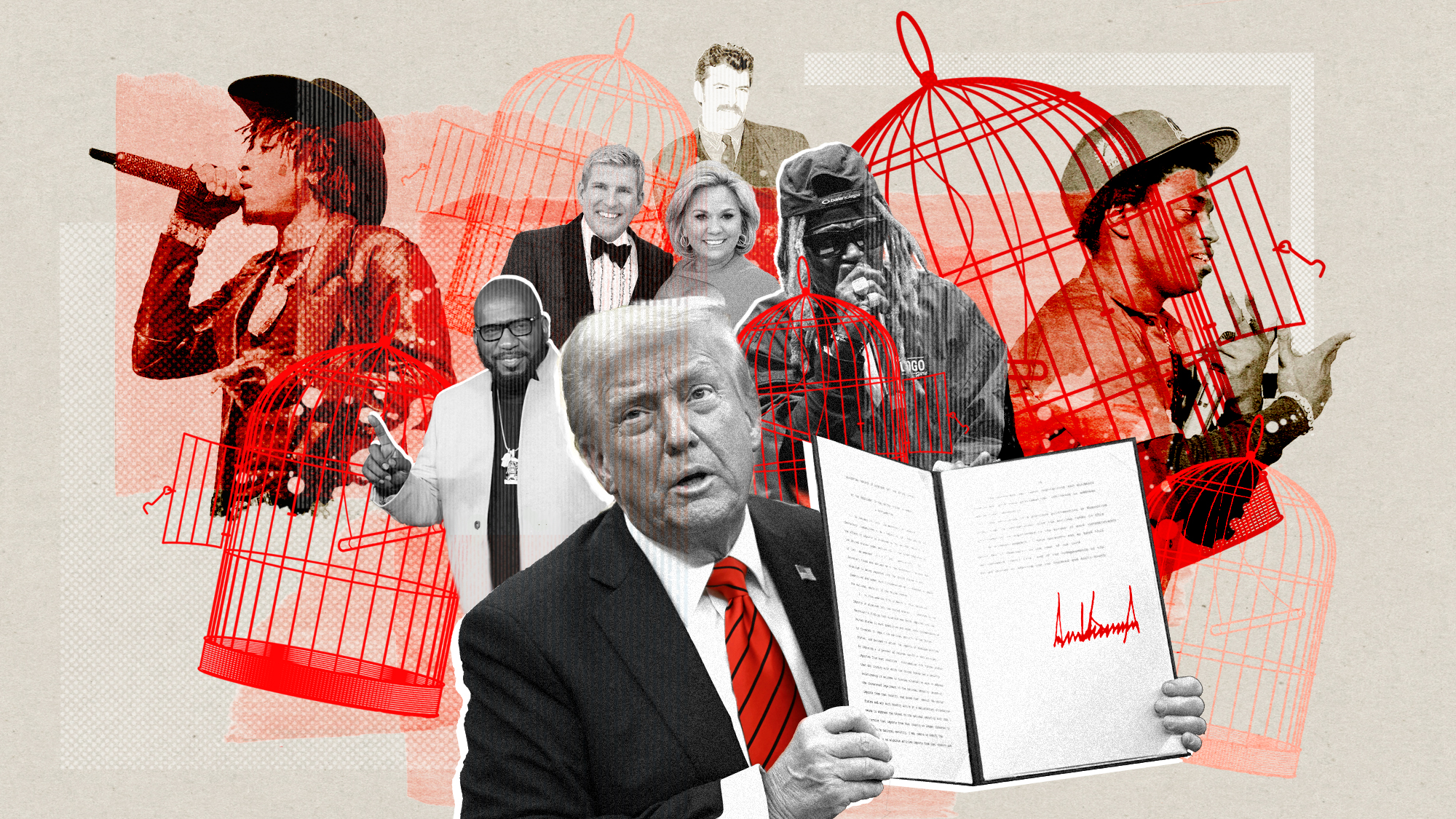 A running list of the famous people Donald Trump has pardoned
A running list of the famous people Donald Trump has pardonedIN DEPTH Reality stars, rappers and disgraced politicians have received some of the high-profile pardons doled out by the president
